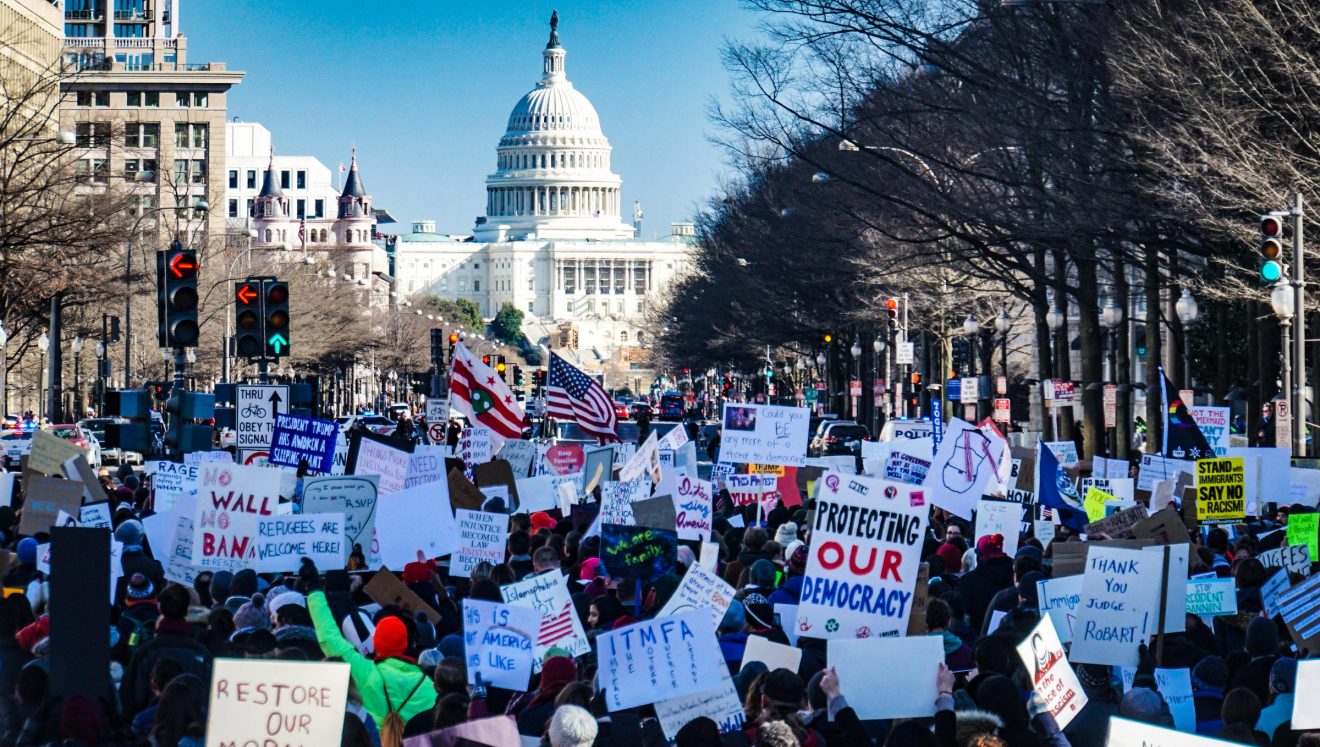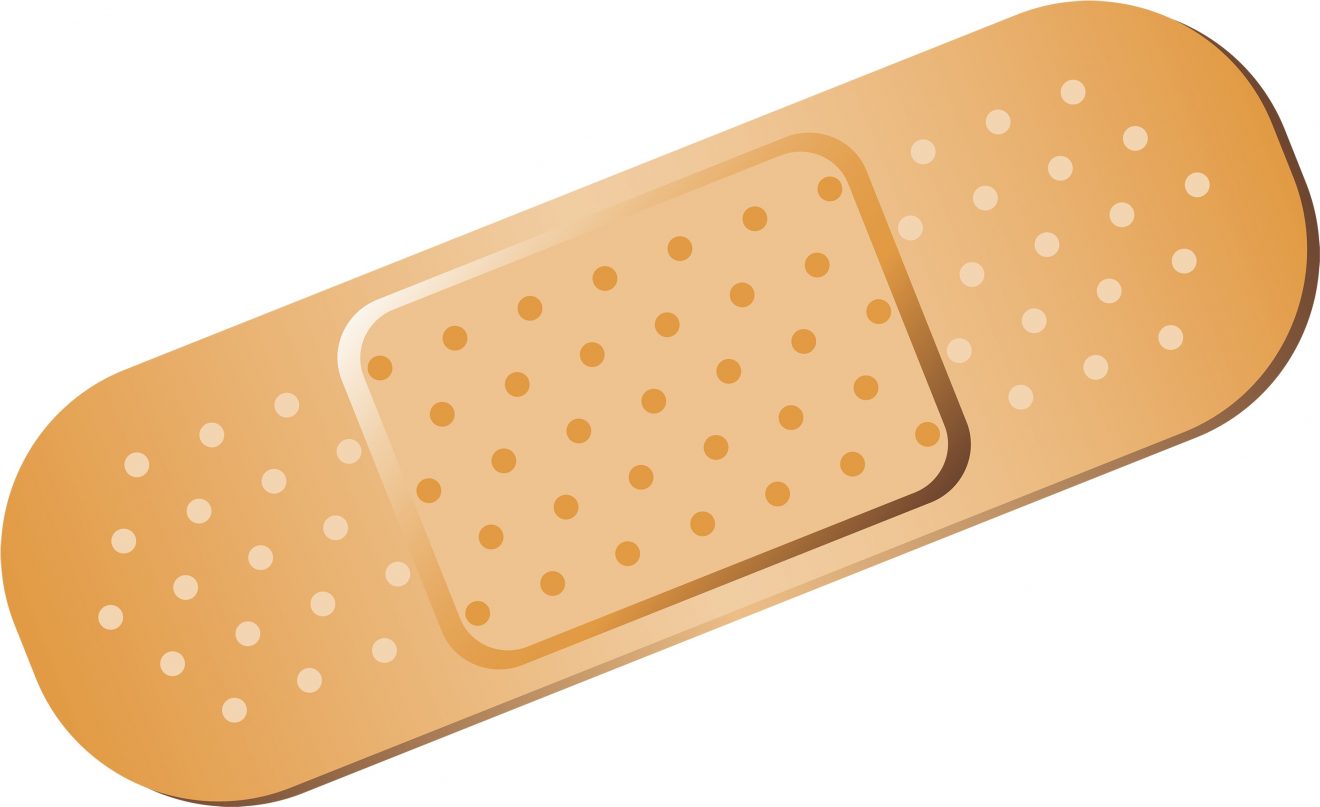|
|
|

|
Welcome to Week 3 of Be the Change!
This week I share an essay on the disconnect between how we speak about injustice and what we do to address it; a poem about the ways in which social media corrupts us; and an op-ed I just published in the Chronicle of Philanthropy.
|
|
If you enjoyed this, please forward to your friends and ask them to sign up too!
|
|
|
|
|
|

|
Correct Language Doesn't Correct Injustice
|
|
|
As part of America's culture wars, the Right loves to go bananas over banalities, like the fact that, last week, Hasbro made Mr. Potato Head gender-neutral by dropping the "Mr." To them, gender-neutral toys or bathrooms are a slippery slope to emasculation and the imposition of some sort of ill-defined and vague tyranny. (In truth, I doubt they are actually offended. Culture wars are good for generating outrage, and outrage generates donations and attention.)
|
At the same time, those of us on the Left expend a lot of energy correcting the language and names we use. When I started Capital Good Fund, for instance, the term for those who were no longer incarcerated was ex-con or ex-felon; then it became ex-offender; and now it is returning citizen. Alas, while we have succeeded in changing the terminology, very little meaningful criminal justice reform has taken place during this period.
|
I take no issue with using just language. It is offensive to Native Americans to have a football team named after a racial slur; changing the name is a no-brainer. The problem is that we act as though changing the language changes the injustice. It does not, just as putting up a Black Lives Matter yard can't, itself, redress slavery, Jim Crow, or mass incarceration.
|
There is a known phenomenon wherein people who recycle feel that, in recycling, they've done more-or-less all they need to protect the environment; or when, after installing energy-efficient light bulbs, users become less likely to turn them off when not in the room. The risk, in other words, is that if we focus our efforts on using "correct" language, we fail to do that which actually corrects injustices.
|
We are not, after all, going to recycle our way out of climate change; or gender-neutral-bathroom our way out of violence against LGBTQ communities; or Black-Lives-Matter-sign our way to a world in which Black people don't get shot while jogging or buying skittles. Language matters--as a poet, I feel that profoundly. Structural change matters more.
|
Of course we should not use racial slurs. Of course we should be mindful of how our words impact marginalized communities. But that is easy compared to the hard work of passing legislation, pressuring corporate America, and steering capital toward equity. Bumper stickers and shouting on social media make us feel good, but they don't do anything for people and the planet. It's time to go beyond words to action.
|
What got me thinking about this was when I learned that, nowadays, we don't ask kids to sit "Indian style" but instead use terms like "Criss-Cross Apple Sauce." (At least, that's what the videos my two-year-old watches say.) Again, there is nothing wrong with such a change. But we should not feel good about ourselves over such a triviality when Native communities continue to experience oppression, disinvestment, disproportionate rates of COVID-19 death, and the ongoing abrogation of treaties with the U.S. government.
|
|
In short, let's correct the injustice before--or at least concurrent with--correcting our language. Otherwise we play into the hands of those who want to use these topics to distract, gin up anger, and prevent real action.
|
|
|
|

|
The Internet Is a Cesspool; God Bless the Internet: A Villanelle
|
|
|
Fact check: 'When Texas freezes over' tweet is a fake, not from Ted Cruz - CNN
|
Not much that goes viral is true
(what passes for truth these days?);
but let’s keep this between me and you.
|
Fake posts are nigh impossible to undo
(lies are unseemly, but social lying pays);
alas, not much that goes viral is true.
|
I want for this poem a million views
(if only to cure my digital malaise);
but let’s keep this between me and you.
|
A simple search can any lie disprove
(we see the world through LED displays);
how is so little of what goes viral true?
|
My sadness won’t be cured by good reviews
(each retweet brings a jolt of praise);
but let’s keep this between me and you.
|
I wonder if Zuckerberg or Brin or Dorsey knew
the consequence of monetizing our gaze,
If they brood that not much of what goes viral is true
even as they grow rich off the harm to me and to you.
|
|
|
|

|
Our Nation Cannot Heal Without Acknowledging Who Made Us Sick
|
It was with a mix of bemusement and exasperation that I read Sarah Ruger’s recent op-ed Philanthropists Across the Political Divide Must Work Together to Cure Extremism (February 17). In bemoaning America’s polarization and the rise of extremism, Ruger, who is a director at the Charles Koch Institute, proposes solutions for healing America’s “seriously ill” body politic in the wake of the violent U.S. Capitol insurrection. But she fails to ask who and what is behind our “political malady.”
|
She starts by noting that the insurrection and the “deeply politicized impeachment trial” of former President Donald Trump put our national illness into “sharp focus.” This is true, but in using words like “politicized,” Ruger wants to have it both ways: to highlight a crisis without calling out the Republican Party for its primary role in creating it. The problem with the impeachment trial was not that it was politicized but that 43 Senators, for reasons of cowardice, malice, or perceived political gain, sided with the first U.S. president to ever attempt a coup.
|
None of this is surprising given that calling out the Republican Party would be inconvenient for someone associated with the work of Charles Koch and his late brother David, who over the past three decades arguably did more than anyone else to sully our national discourse and enable the rise of extremism within the GOP.
|
I had to stifle a laugh when Ruger called for a “nonpartisan” response to the “extremism threatening our democracy’s health.” It’s not partisan to say that right-wing white supremacists are the primary source of extremism in America — it’s a fact. According to a Department of Homeland Security report, “White supremacist extremists [are] the deadliest domestic terror threat” to the nation. The insurrectionists, inspired by Trump and willing to murder on his behalf, included neo-Nazis and other far-right groups.
|
Unfortunately, over the past four years, it became increasingly difficult to distinguish between these fringe elements and the mainstream Republican Party. Consider that only 11 House Republicans voted to remove Rep. Marjorie Taylor Greene of Georgia from committee assignments even though she has expressed belief in QAnon conspiracy theories and repeatedly indicated support for executing prominent Democrats.
|
While the Koch brothers refused to back Trump’s candidacy in 2016, they donated at least $100 million to aid the rise of the Tea Party movement and the Republican Party. Crucially, the Tea Party was not some innocent political force advocating for Libertarian ideals. As political scholars have noted, it was a clear precursor to the overt racism, xenophobia, and extremism of the Trump presidency. Before pursuing Ruger’s three-step approach to healing democracy, we must acknowledge the role Charles Koch played in making America sick to begin with.
|
The damage Koch has wrought extends well beyond supporting the Tea Party. For decades, he has advocated for policies that benefit the wealthy at the expense of the least powerful, the environment, and our democratic institutions. The Koch brothers were a leading force behind climate-change denialism — imperiling the entire world. Most insidiously, they ushered in an era in which money corrupts every aspect of government, seriously harming the health of our body politic.
|
The Koch-funded group Americans for Prosperity created the template for how the super-wealthy, big business, and special interests use “dark money” to advance their anti-democratic agendas. Former Federal Election Commission Chair Trevor Potter told the New York Times that the real Koch legacy was to have “diminished our democracy.”
|
I’m not sure how to square this legacy with Ruger’s suggestion that we “expose people directly to those with different ideas and political identities and empower them with both the space and tools to ... engage in constructive debate.” I agree that “our institutions are ill but not beyond saving,” as she argues. However, the solution is not bipartisanship or nonpartisanship, nor is it a matter of listening to one another.
|
Philanthropy cannot help us heal if we do not do something about the underlying problem: that a powerful minority has co-opted our democracy to protect its status. Too many of our ultrarich citizens have enabled, abetted, or turned a blind eye to extremism; launched massive marketing campaigns to shape public opinion and prevent action on existential challenges like climate change; and otherwise used their influence to bend public policy to their personal benefit. That a representative of one such wealthy and powerful American now wants us to come together rings incredibly hollow. It’s akin to Trump supporters who condoned his actions to overturn the election results now asking the rest of us to prioritize unity over accountability.
|
I’m sure Charles Koch strongly condemns the violence of January 6. That doesn’t mean he bears no responsibility for creating the conditions that allowed it to happen. Nor do his immense charitable contributions make up for the harm he has caused, though Kruger seems to want us to believe that philanthropy can put the genie of corruption and bigotry back into the bottle.
|
|
Alas, Koch has dedicated much of his life to building the GOP into what it is today: the party that embraced Trump despite his administration’s lawlessness, cruelty, and disregard for truth. Even after he came close to ending the American experiment, the vast majority of Republicans, including those backed by Koch, continue to stand with the former president. America’s political illness has led to great suffering, death, and inequity. But its victims need justice, not polite debate. What’s your three-step plan for that, Sarah Ruger?
|
|
|
|
Thank you for reading. I welcome your feedback and suggestions for future posts!
|
|

|
|
|
|
|
|